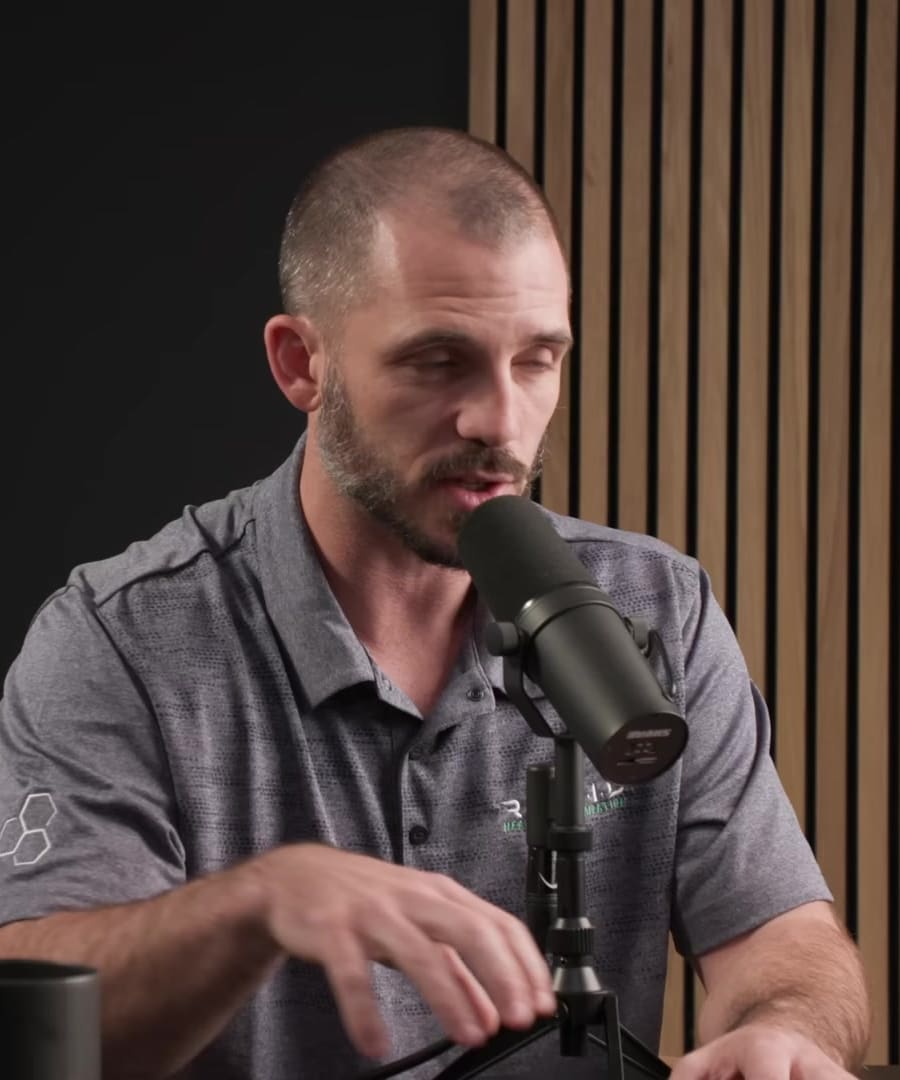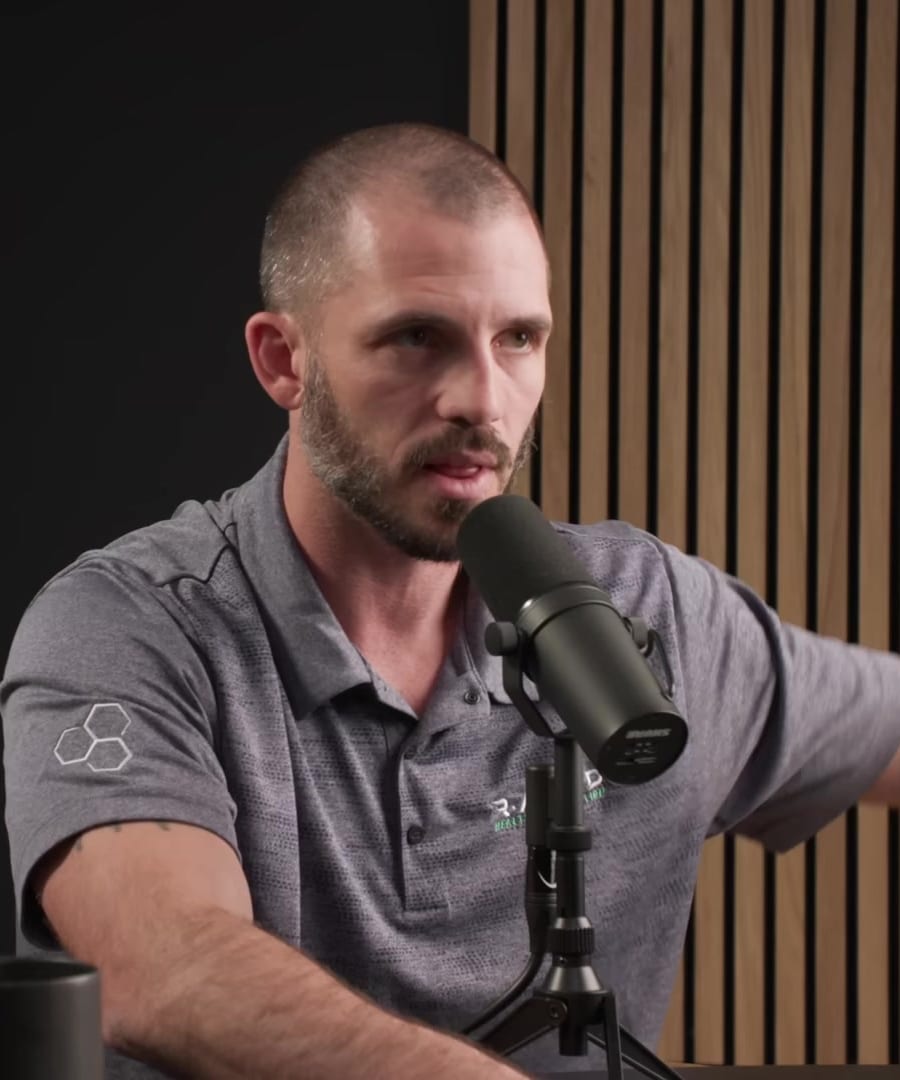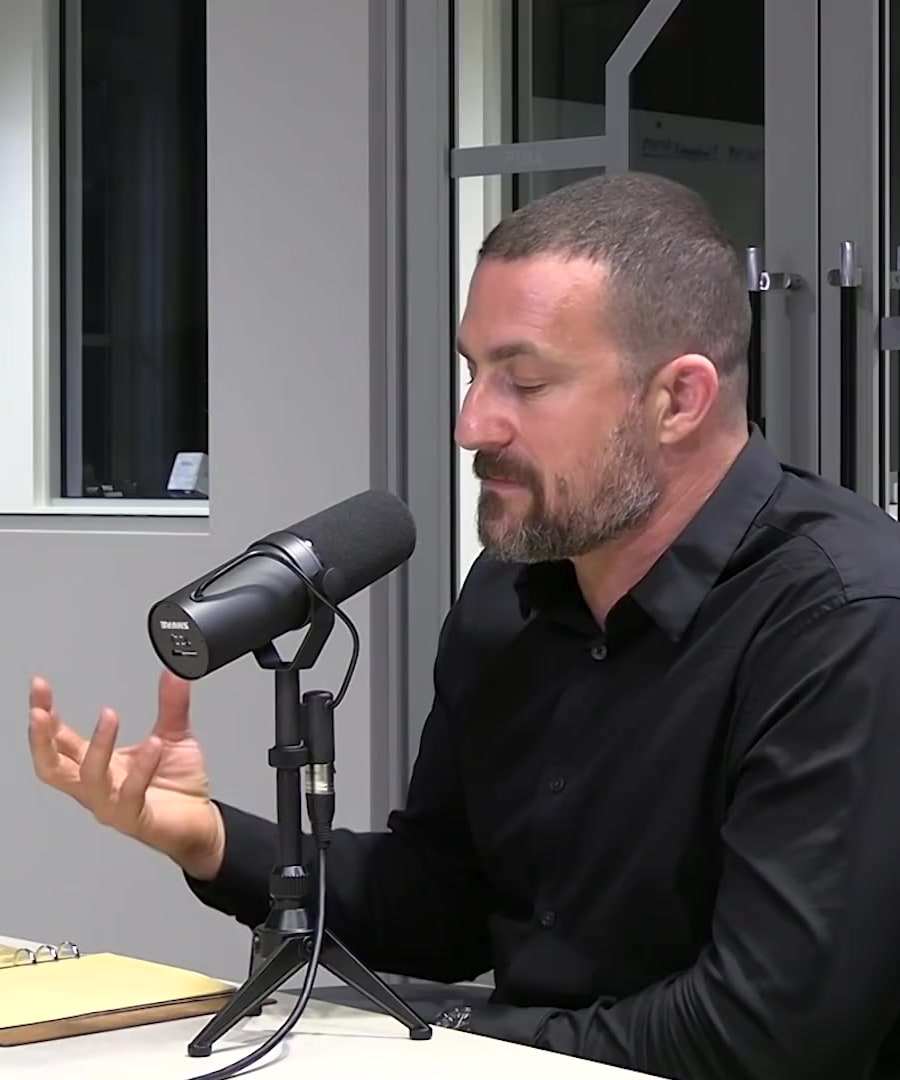Carbs fat storage
Sources:
Carbohydrates play a significant role in how the body stores and utilizes energy, impacting fat storage. Eating carbohydrates can influence energy availability and metabolic processes, particularly concerning exercise and daily activities.
-
Carbohydrate Utilization: Carbohydrates are primarily used as a quick energy source. They are stored as glycogen in muscles and the liver, which can be rapidly mobilized to meet energy demands, especially during high-intensity activities. Fat, on the other hand, provides a slower, more sustained energy source 1.
-
Effect of Carbs Late at Night: The notion that eating carbohydrates late at night inherently leads to fat storage is outdated. In fact, eating carbs in the evening, especially after resistance training, can aid in recovery and promote better sleep by replenishing glycogen stores without necessarily promoting fat gain 2.
-
Metabolic Flexibility: Metabolically flexible individuals can efficiently switch between using carbohydrates and fat as energy sources, depending on the activity level. This flexibility is essential for meeting different energy demands, such as high-intensity exercise, which primarily uses glycogen, and longer, lower-intensity efforts, which rely more on fat 3.
-
Carbs and Fat Utilization During Exercise: The body prefers carbohydrates for high-intensity efforts due to their rapid availability. For lower-intensity activities, fat is used more extensively, emphasizing the importance of metabolic flexibility to optimize energy utilization across different activities 4.
-
Diet and Metabolic Efficiency: Adjusting carbohydrate intake based on activity levels can enhance metabolic efficiency, teaching the body to rely on fat during lower-intensity activities while preserving glycogen for more demanding tasks 5.
By managing carbohydrate intake around exercise and understanding when different fuel sources are used, one can potentially improve performance and manage body composition effectively.
RELATED QUESTIONS-
Carbs fat storage
- RELATED QUESTIONS




